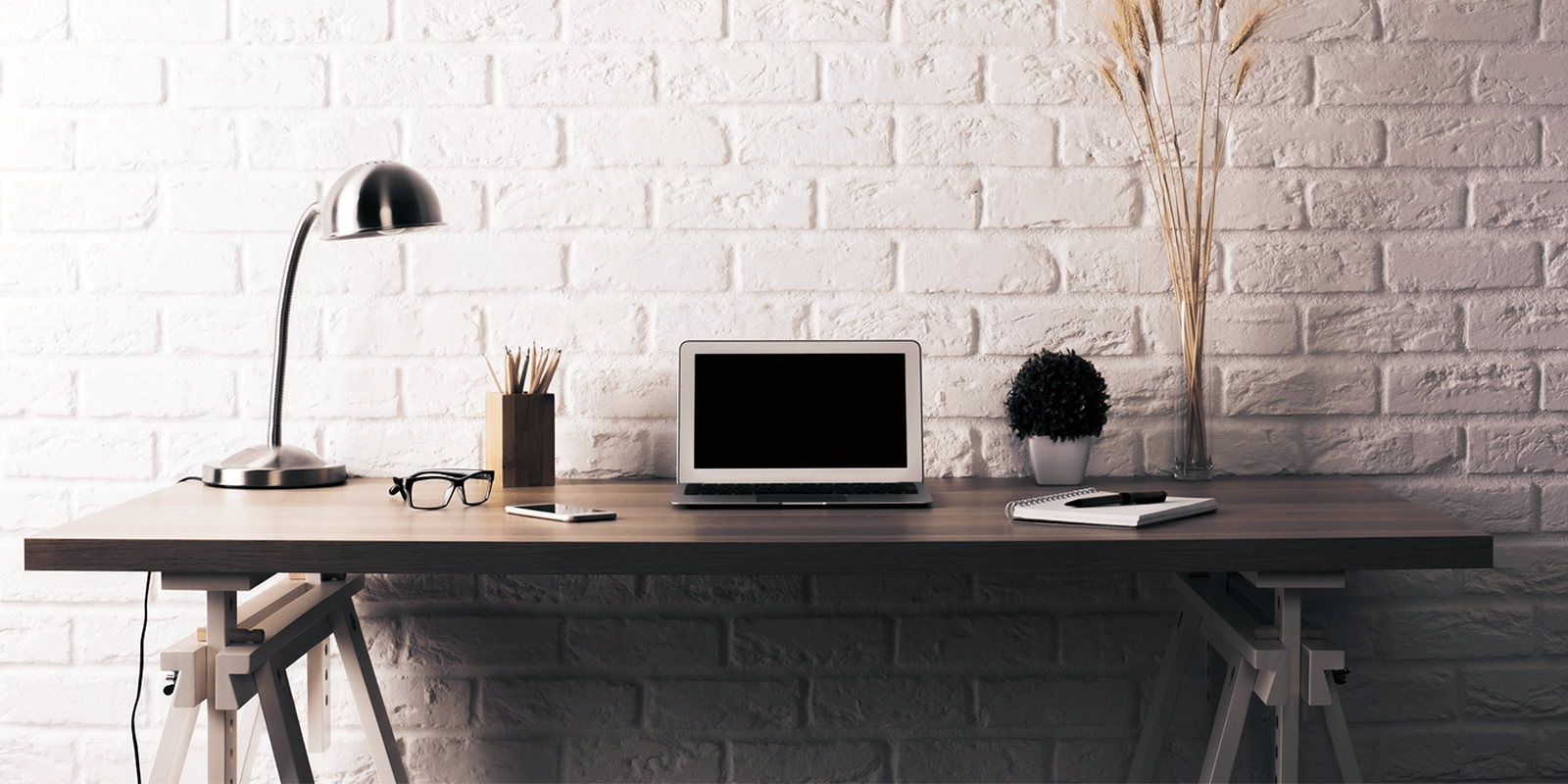Workspaces 1 3 – Organize Your Work
Why it's important to organize your workspace
The content on your computer or other electronic devices also affects the output of your work and life. De-clutter and organize your desktop by deleting those folders, pictures or softwares that you don't need. Organize your work into different folders and use digital sticky notes and calendars where necessary to help you stay productive. Organizing your workspace. Getting organized is the first step toward remaining organized. Whether you are starting a new job or desperately want to organize your current workspace, consider the following tips. Examine how your workspace is used. 1 Contributors can update the app associated with the workspace, if the workspace Admin delegates this permission to them.However, they can't publish a new app or change who has permission to it. 2 Contributors and Viewers can also share items in a workspace if they have Reshare permissions. 3 To copy a report, and to create a report in another workspace based on a dataset in this workspace. Here are eight suggestions for how to organize your desk: 1. Triage your stuff. Your physical desktop is prime real estate, and you probably don’t need half the stuff that’s taking up valuable space. Here’s a method for culling your things: On Monday morning, remove nonessential items from your desktop and put them on the floor.
There are several benefits to organizing your workspace.

Workspaces 1 3 – Organize Your Work Free
- Improved time management.
Taking the time to get organized can save you time in the long run. Constantly working around clutter can seriously impede your productivity. Great time managers set up and organize their workspaces to cut down on the amount of time necessary for each task. - Quickly locate important items.
Has your boss ever asked you for an important document that you were unable to locate? Organizing your workspace will spare you embarrassment and frustration. - Remember important tasks.
The common phrase 'out of sight, out of mind' is largely true. Visual cues can help you remember and prioritize important tasks. For example, a clean and orderly desk can help you deal with one task at a time. - Maintain a professional appearance.
Your dress, demeanor, and workspace are a representation of you and your employer. Minimal clutter conveys professionalism. - Focus on workplace goals.
An orderly workspace can help you fine-tune and accomplish your daily goals, thereby helping you achieve your long-term professional goals.